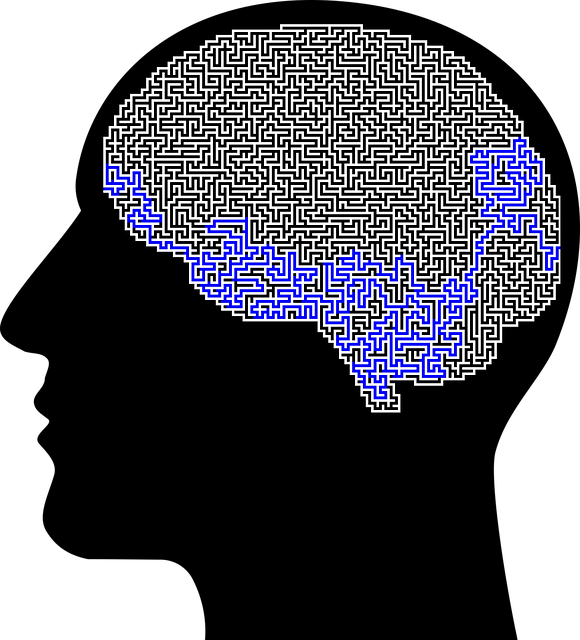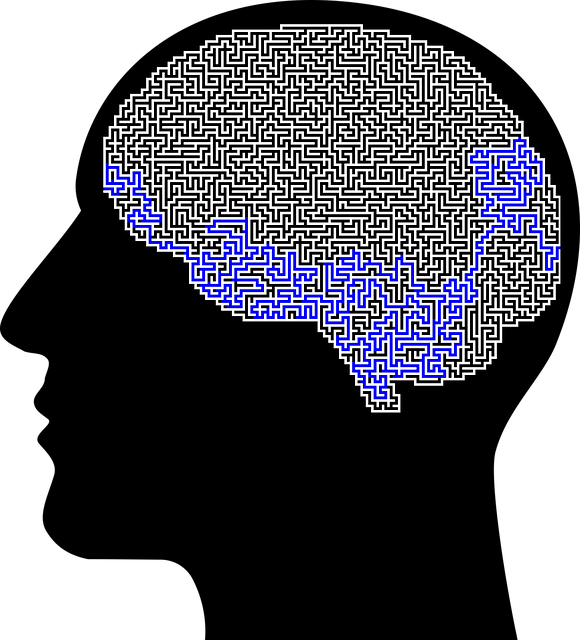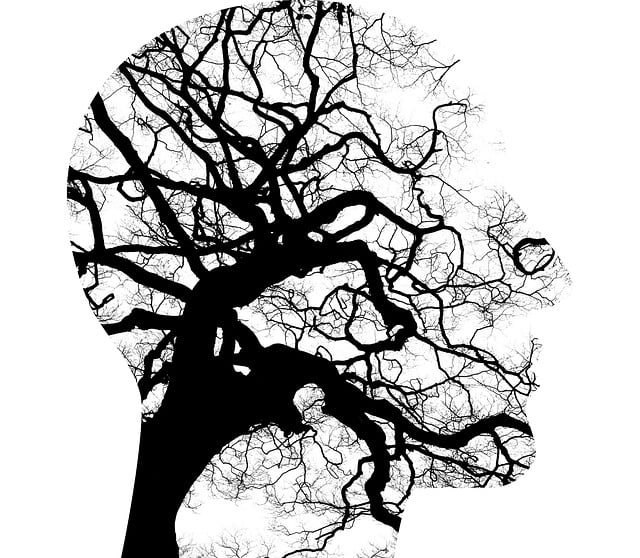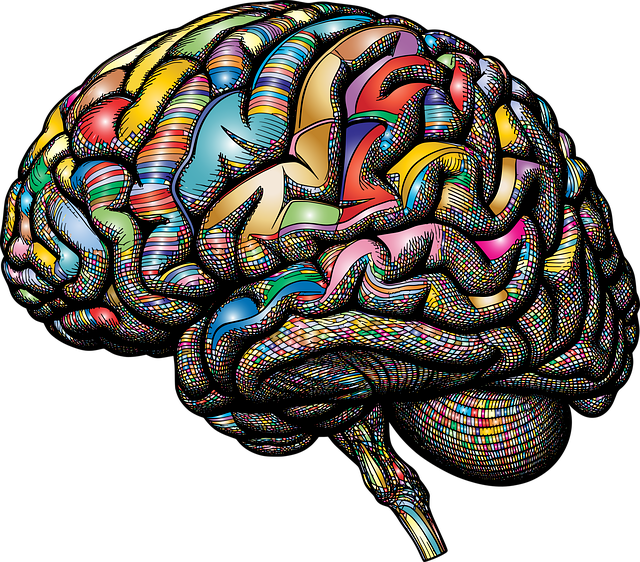Longmont Suicide Prevention Therapy emphasizes cultural diversity's profound impact on mental health experiences, highlighting the need for culturally sensitive care. Therapists must understand diverse perspectives on mental illness and healing, respecting individual cultural identities to build trust and tailor interventions effectively. By integrating cultural competency through education, open communication, and risk management, therapists create inclusive environments fostering positive patient outcomes, particularly in a diverse community like Longmont.
In today’s diverse society, cultural sensitivity in mental healthcare is paramount. Understanding cultural diversity shapes effective treatment plans, addressing unique challenges that impact mental health. This article explores key aspects of culturally competent practice, including strategies employed by Longmont Suicide Prevention Therapy to overcome barriers and build trust with diverse communities. We delve into practical approaches, communication strategies, and training resources essential for professionals aiming to provide inclusive care, ensuring every individual receives the support they need.
- Understanding Cultural Diversity and Its Impact on Mental Health
- The Role of Cultural Sensitivity in Therapy: A Practical Approach
- Longmont Suicide Prevention Therapy: Addressing Cultural Barriers
- Building Trust and Effective Communication Strategies
- Training and Resources for Culturally Competent Practice
Understanding Cultural Diversity and Its Impact on Mental Health

Cultural diversity is a rich tapestry that greatly influences mental health experiences and outcomes. In Longmont Suicide Prevention Therapy, it’s crucial to recognize that individuals from different cultural backgrounds may have unique perspectives on mental illness, healing, and coping mechanisms. This cultural diversity can significantly shape an individual’s experience of distress, their expression of emotions, and the types of support systems they rely on.
Understanding these variations is essential for mental health professionals who aim to provide culturally sensitive care. By incorporating knowledge about various cultural practices, beliefs, and traditions into their risk assessment for mental health professionals, therapists can tailor interventions effectively. For instance, some cultures may emphasize communal support and holistic healing approaches, such as Mind Over Matter principles, while others might prioritize individualism and western-style therapy. Proficiently navigating these differences fosters better patient engagement, strengthens therapeutic alliances, and ultimately improves coping skills development in diverse populations.
The Role of Cultural Sensitivity in Therapy: A Practical Approach

In the realm of mental healthcare, cultural sensitivity is more than a mere nicety; it’s an essential tool for fostering effective therapy and supportive relationships with diverse clientele. This practical approach involves understanding and appreciating clients’ cultural backgrounds, values, and beliefs, which can significantly impact their experiences and expressions of mental distress. By integrating cultural competency into therapy sessions, practitioners from Longmont Suicide Prevention Therapy can create a safe space where individuals feel validated, respected, and empowered to share their unique perspectives.
A culturally sensitive practice extends beyond individual therapy sessions. It influences the design of Mental Health Policy Analysis and Advocacy strategies, Public Awareness Campaigns Development, and Mental Health Education Programs. By considering cultural nuances, healthcare policies can become more inclusive, accessible, and responsive to the needs of diverse communities. Similarly, awareness campaigns and education programs can be tailored to resonate with different cultural groups, thereby enhancing their effectiveness in promoting mental health literacy and reducing the stigma associated with seeking support.
Longmont Suicide Prevention Therapy: Addressing Cultural Barriers

In Longmont Suicide Prevention Therapy, addressing cultural barriers is paramount to ensuring effective treatment and support for a diverse range of individuals. Cultural sensitivity involves understanding and respecting clients’ backgrounds, beliefs, and values, which can significantly impact their mental health experiences and outcomes. Therapists in this context must be adept at tailoring interventions to meet the unique needs of each individual, promoting inclusion and fostering trust.
The process often involves educating both therapists and clients about cultural nuances, encouraging open communication, and integrating practices that support inner strength development. By incorporating these strategies, Longmont Suicide Prevention Therapy aims to enhance emotional regulation and help clients navigate their mental health journeys while preserving their cultural identities. Additionally, risk management planning for mental health professionals is crucial in understanding and mitigating potential cultural triggers within the therapeutic setting.
Building Trust and Effective Communication Strategies

Building trust is a cornerstone of effective mental healthcare, especially when serving diverse communities in Longmont Suicide Prevention Therapy settings. Healthcare providers must be mindful of cultural differences and use strategies that foster open communication. This involves actively listening, respecting patients’ values, beliefs, and preferences, and demonstrating genuine empathy. By creating a safe, non-judgmental space, therapists can encourage patients to share their unique experiences and perspectives, leading to more accurate diagnoses and tailored treatment plans.
Empathy building strategies play a crucial role in this process. This includes understanding cultural nuances related to communication styles, family dynamics, and community support systems. For example, incorporating elements of Self-Care Routine Development for Better Mental Health that resonate with patients’ backgrounds can enhance engagement and adherence to treatment. Through Cultural Sensitivity Training and Mental Health Education Programs Design, healthcare professionals in Longmont can improve their abilities to navigate these complexities, ultimately improving patient outcomes and fostering a more inclusive and effective mental healthcare environment.
Training and Resources for Culturally Competent Practice

Incorporating cultural sensitivity into mental healthcare practice is no longer a consideration but a necessity. For professionals in Longmont Suicide Prevention Therapy, this means going beyond basic training and actively seeking out diverse perspectives and experiences. Specialized workshops, cultural competency courses, and ongoing professional development focusing on Mental Health Policy Analysis and Advocacy are vital tools for building a robust foundation of understanding. These resources equip therapists with the knowledge to recognize and appreciate the unique cultural context of each client, fostering trust and strengthening therapeutic relationships.
Emotional intelligence and empathy building strategies play a significant role in culturally competent care. Therapists are encouraged to develop their ability to understand and respond to the emotional nuances across different cultures. By integrating these skills, professionals can create safe spaces where clients feel heard, respected, and empowered to explore their mental health challenges openly. Such an approach not only enhances the effectiveness of therapy but also paves the way for positive outcomes tailored to each individual’s needs.
Incorporating cultural sensitivity into mental healthcare practice, as exemplified by initiatives like Longmont Suicide Prevention Therapy, is essential for delivering effective and equitable treatment. By understanding the impact of cultural diversity on mental health, adopting practical approaches to cultural sensitivity in therapy, and employing strategies that build trust and facilitate communication, healthcare professionals can overcome barriers and provide culturally competent care. Training and resources are vital tools to equip practitioners with the knowledge and skills needed to navigate diverse cultural contexts, ultimately enhancing patient outcomes and fostering a more inclusive healthcare system.














